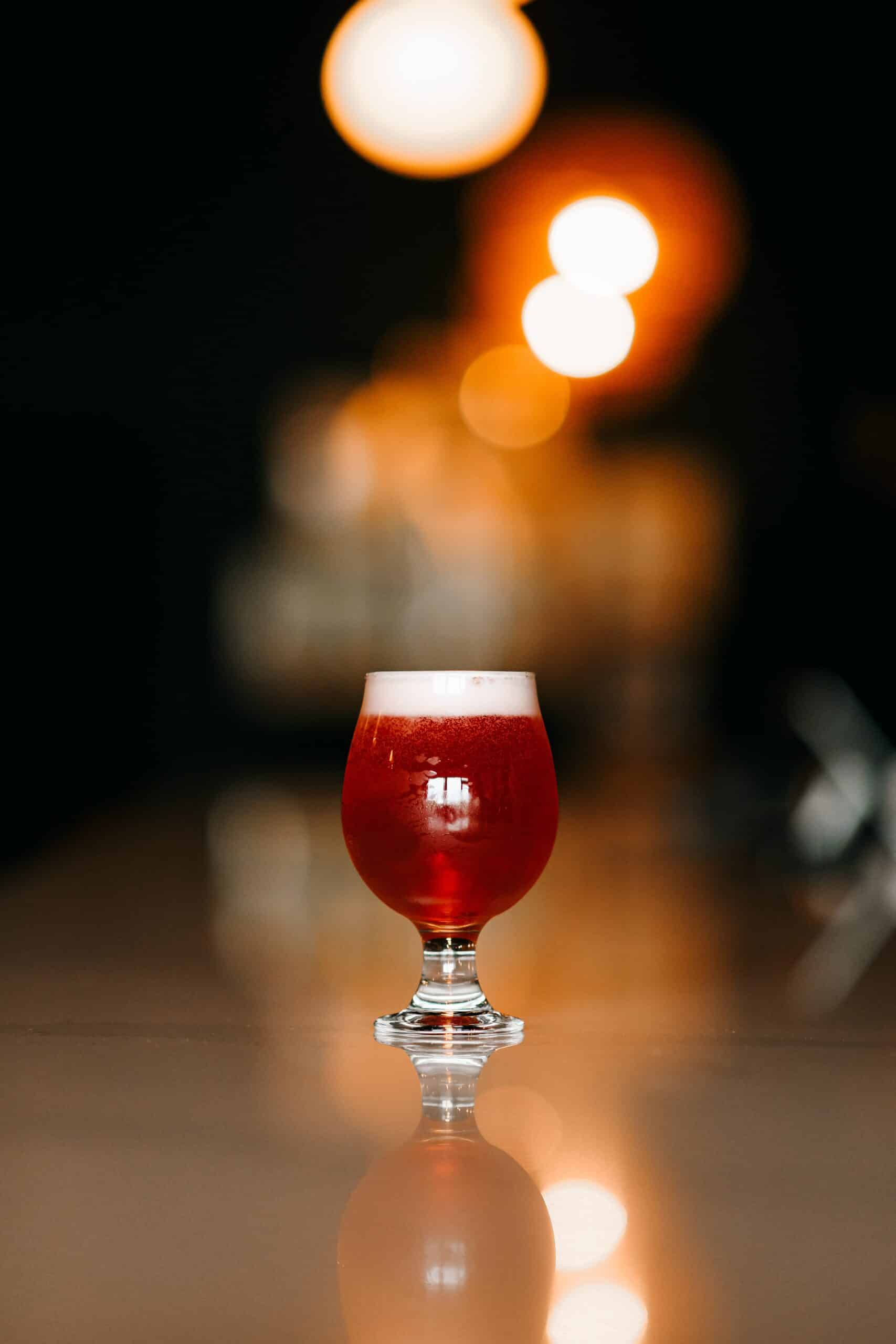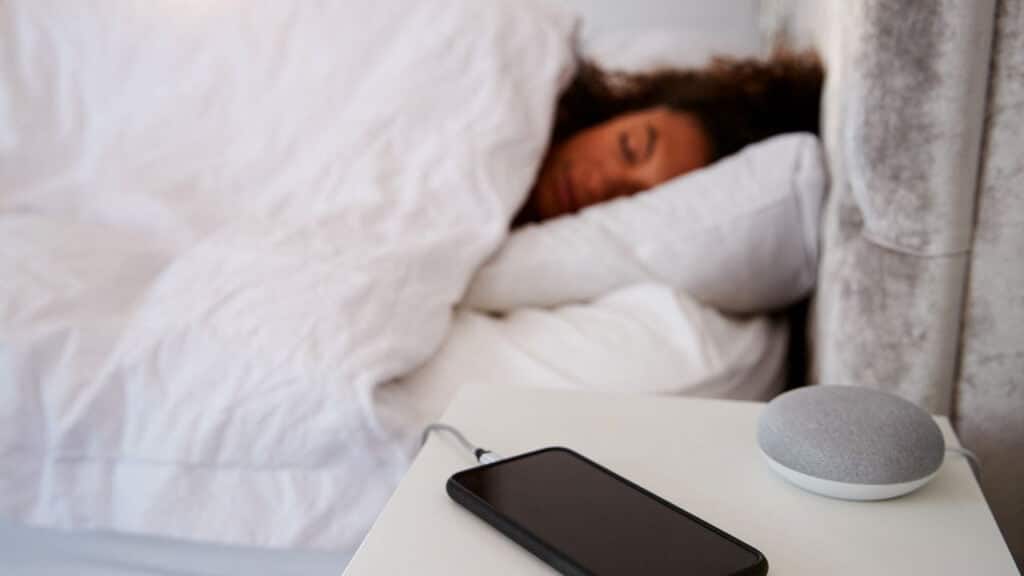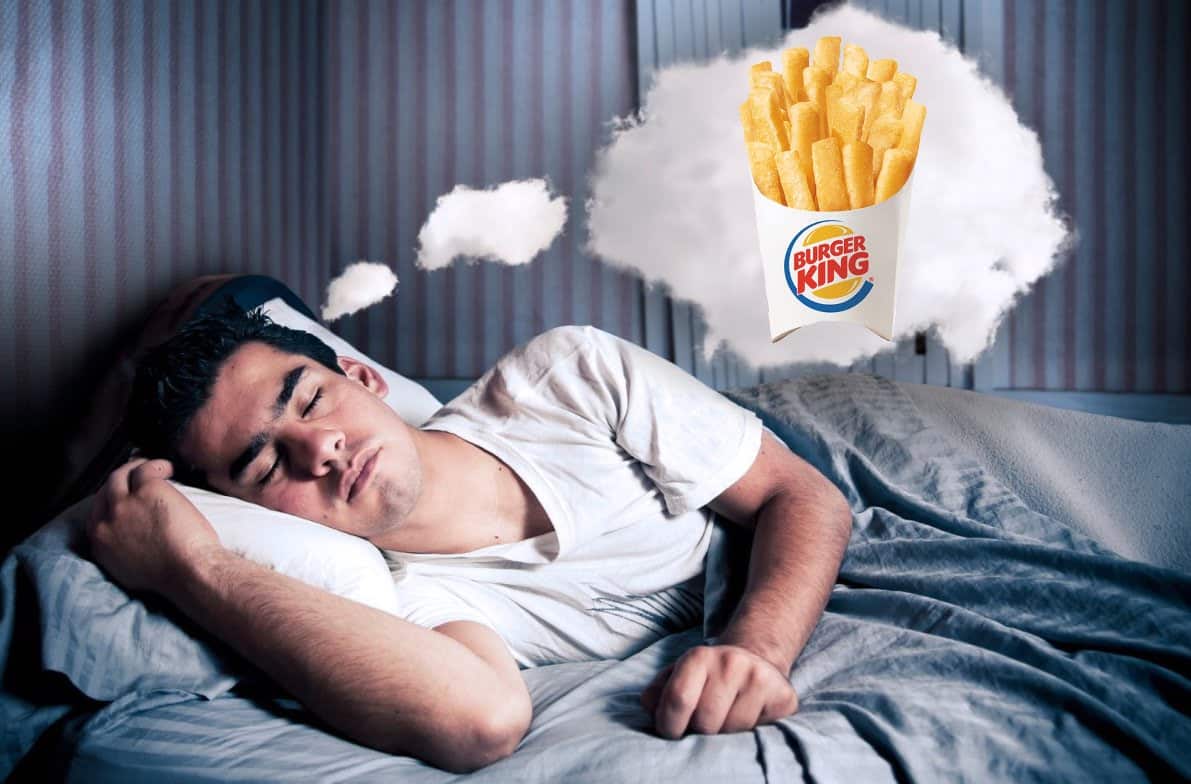Scientists have a stern warning for us: companies want to target our dreams with advertising. Do not smile, if it seems absurd: because they are already doing it.
Secondo Science Magazine, 40 sleep researchers have signed an open letter calling on lawmakers to regulate a technique called “targeted dream incubation (TDI).”. In the letter, the researchers warn that large companies such as Coors' and Burger King are actively attempting to engineer potential customers' dreams through advertising.

A dream advertisement
“TDI advertising is not a funny gimmick, but a slippery slope with real consequences,” the researchers wrote in their letter . “Planting dreams in people's minds for the purpose of selling products, let alone addictive substances, raises important ethical questions.”
Our dreams can't become just another playground for corporate advertisers
A sentence from the letter from the researchers
Dreaming of beer
The authors of the letter specifically cite a case in which Molson coors — the parent company of Coors, Blue Moon and Miller beers — used TDI to advertise in people's dreams in the days leading up to the Super Bowl.
For this reason, they invited willing participants to watch a “dream-inducing video”. A video created with the help of a sleep scientist that included sights and sounds of “waterfalls, mountains and, of course, Coors” before falling asleep, according to a press release from Molson Coors .
Participants were encouraged to share the link to the video with friends, with the promise of a free bottle of 12 beers.
Get an idea of what happened:

Disturbing implications. Indeed obscene.
Having a company force its way into your dreams with advertising sounds like something straight out of the writers of Black Mirror, but that's exactly what's happening in reality.
While dream engineering currently requires our active participation, researchers warn that this advertising gimmick could usher in a new (negative) phase of advertising.
A stage where companies employ passive TDI tactics, perhaps through things like smart speakers.

Hypnosis at home
“[It is] easy to imagine a world in which smart speakers […] become tools of passive and unconscious late-night advertising, with or without our permission,” the authors say in the letter. “These tailor-made soundtracks would become a backdrop for our sleep. A bit like the endless advertising billboards that litter the streets (and which we risk finding "obligatory" also on the car display) have become for our waking life.”
For now, we will have to wait and see if lawmakers do anything about it. If the researchers are right, however, this could end up being a slippery slope.


